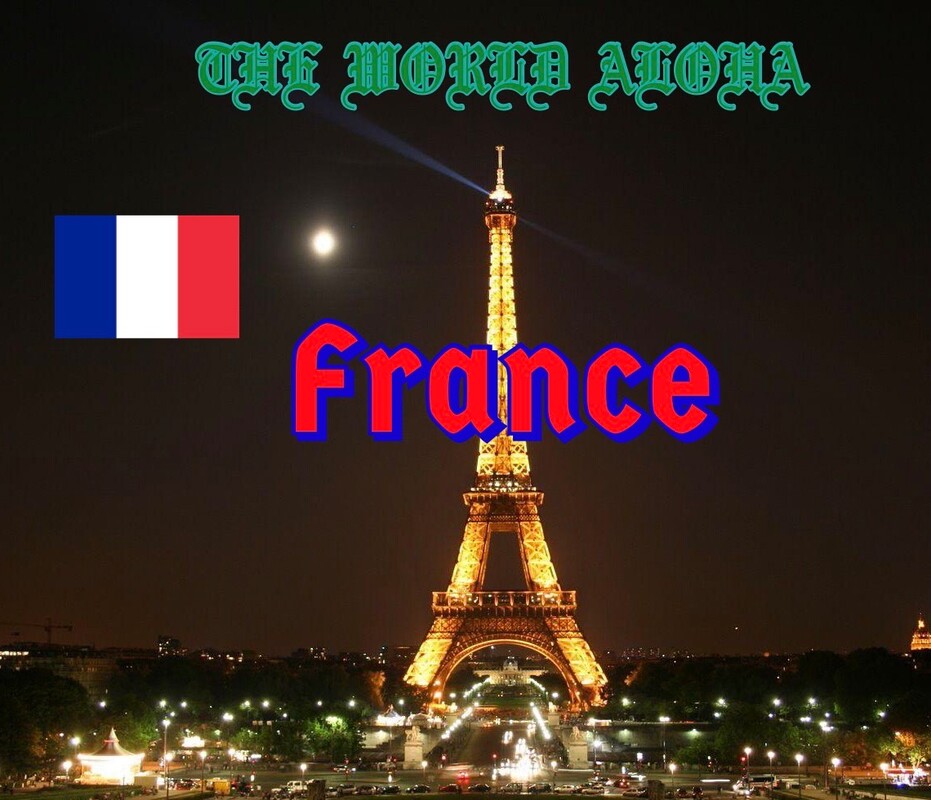|
The history of France is a rich and diverse tapestry that spans over thousands of years. From ancient Gaul to the modern-day French Republic, the country has experienced significant political, social, and cultural transformations. Here is a brief overview of key periods and events in the history of France:
0 Comments
Leave a Reply. |
AboutWorld is dedicated to the subject of World History of Nations around The World! CategoriesSearch by Month
October 2020
|

 RSS Feed
RSS Feed